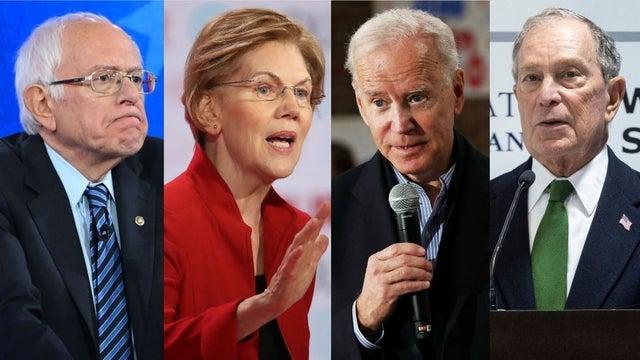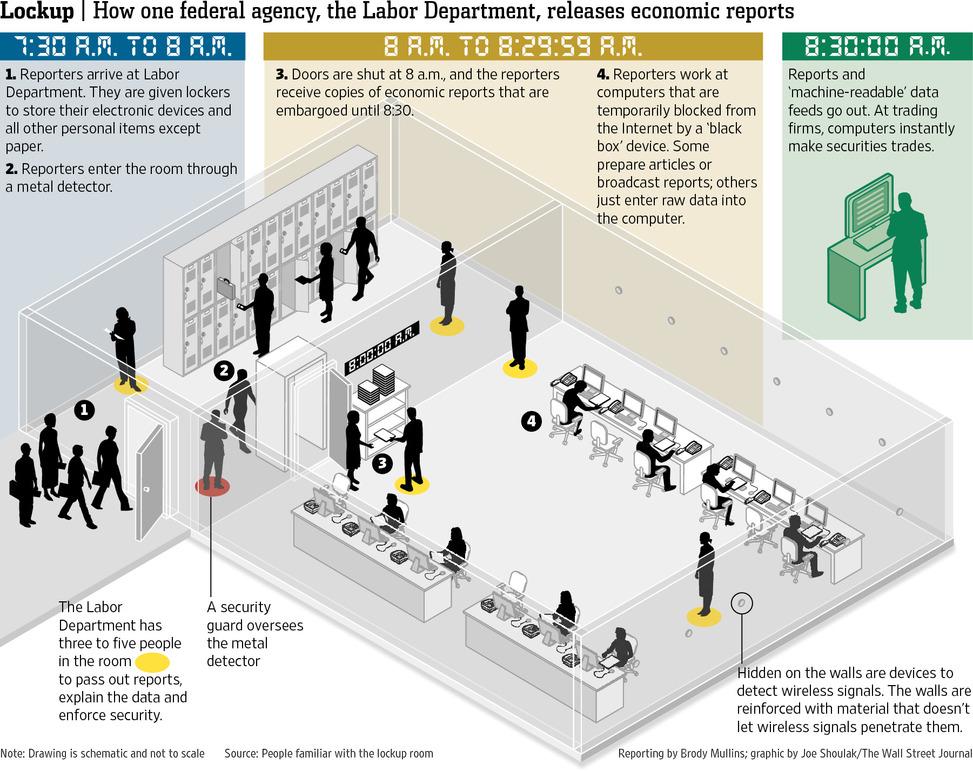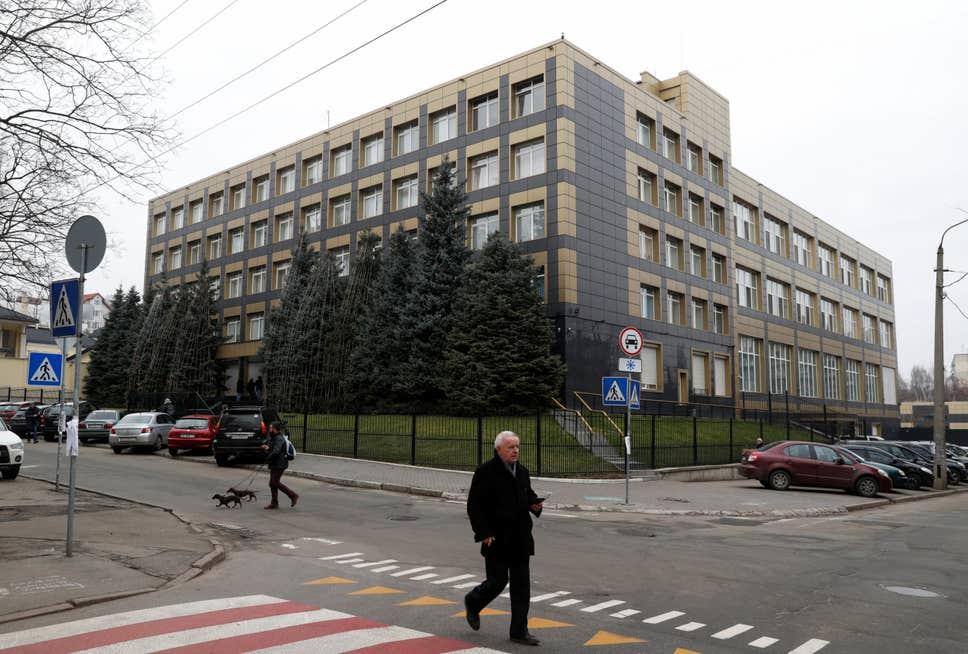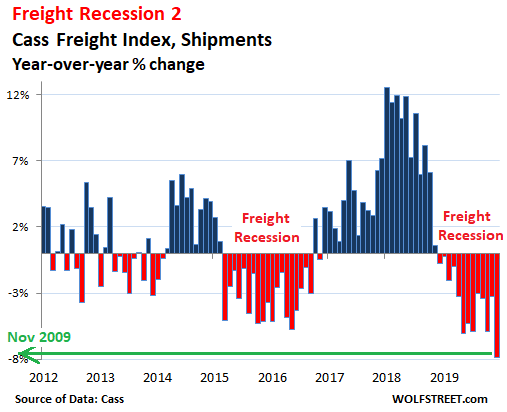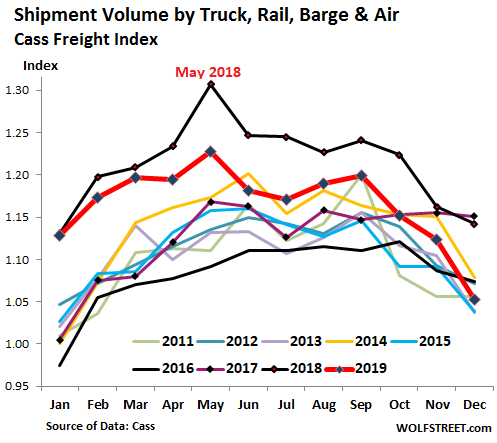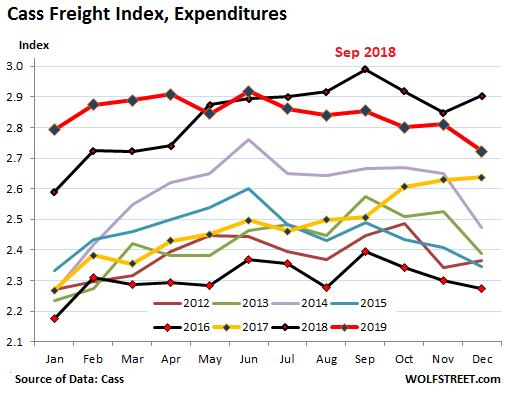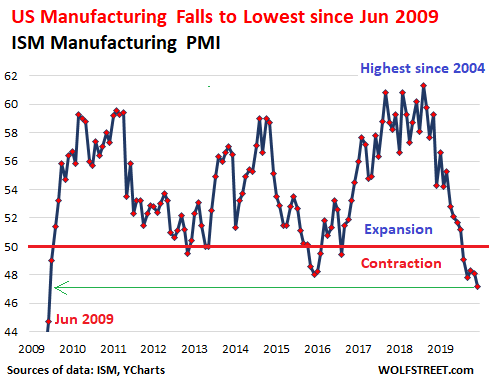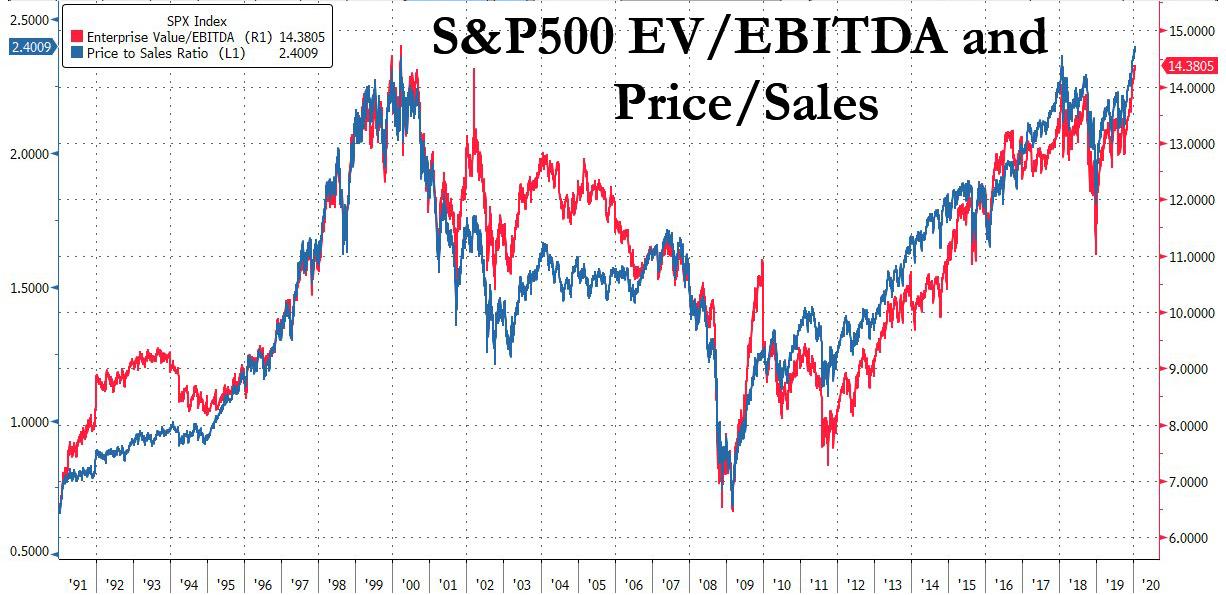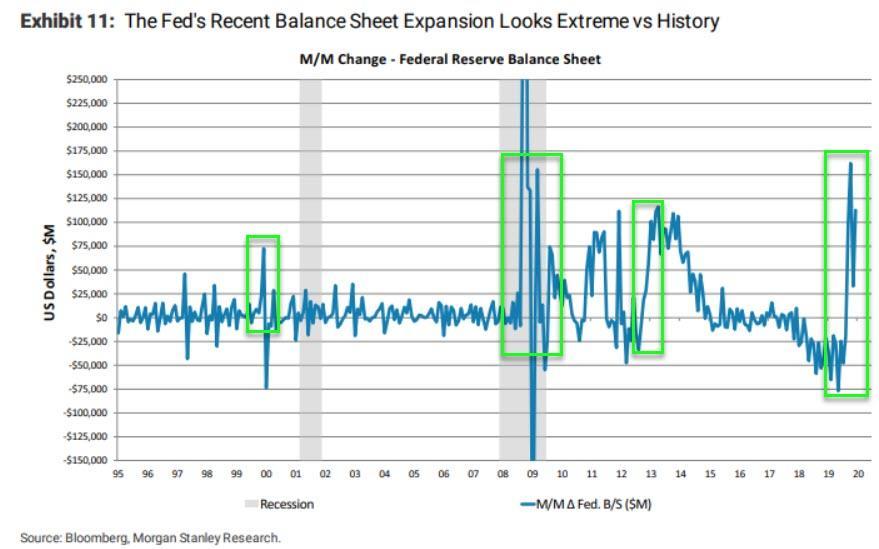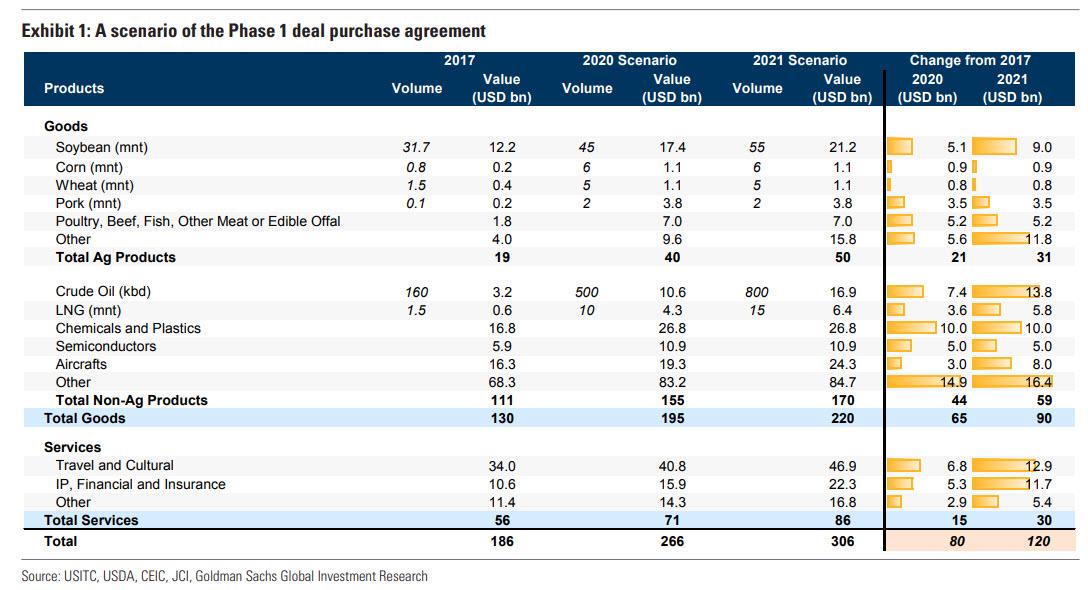Democrats’ “Blame America First” Ballad Won’t Play Well In 2020
Authored by Bernard Goldberg, op-ed via TheHill.com,
John Lennon’s “Imagine” is a seductive ballad that asks us to dream of a world at peace, a place where there’s “nothing to kill or die for.” Nice sentiment if you live in San Francisco and still have flowers in your hair, but it makes for a terrible foreign policy. Someone needs to tell that to the Democrats running for president.
The Democrats couldn’t wait 10 minutes before unloading on President Trump, condemning him for needless provocation, for taking the United States to “the brink of war,” because he ordered the drone strike that took out Iran’s top general, Qassem Soleimani.
Pinning blame for the heightened tensions in the Middle East on President Trump makes for irresistible presidential year politics. He’s a warmonger, they’re saying in one form or another; we’re the rational, peaceful ones. What you won’t hear them say, not in so many words, is that they’re the ones pandering to a pacifist, progressive base — because that’s where the heart and soul of the new Democratic Party seems to be.
We’ve seen how far left the Democrats have gone on domestic policies, but now we’re seeing how progressive they’ve become on foreign policy, too. They make Barack Obama look like a war hawk by comparison; he launched more than 500 drone attacks on America’s enemies, after all.
But now we get Joe Biden, the supposed moderate, telling us that President Trump “just tossed a stick of dynamite into a tinderbox.”
Sen. Bernie Sanders (I-Vt.) tweeted that “Trump’s dangerous escalation brings us closer to another disastrous war in the Middle East that could cost countless lives and trillions more dollars.”
Sen. Elizabeth Warren (D-Mass.) called the strike “reckless.”
Corey Booker (D-N.J.), who since has abandoned his presidential campaign, joined the chorus and tweeted: “We have a president who has no strategic plan when it comes to Iran and has only made that region less stable and less safe.” Memo to Sen. Booker: The Middle East was never Switzerland. When exactly was the region either stable or safe?
Reasonable people may speculate on the wisdom of President’s Trump’s decision to eliminate Soleimani. It’s understandable that politicians would have questions about a presidential order to take out the second most powerful person in Iran: Why now? Was he really planning an imminent attack on Americans?
Fair enough.
But for Democrats running for president, “Donald Trump is always wrong” is the default position. You get the impression that if he suddenly came out against building a wall on our southern border, they’d suddenly be in favor of it.
And since we’re imagining, let’s imagine that President Trump didn’t launch the attack on Soleimani; that he said the risk of killing such a prominent figure wasn’t worth it. And imagine if the general did indeed initiate a plan to kill Americans.
What would Democrats say then?
Donald Trump surely would be condemned for not taking action.
Heads, they win; tails, he loses.
Donald Trump didn’t start the fire in the Middle East. It was burning long before he set foot in the Oval Office. He isn’t the one who “just tossed a stick of dynamite into a tinderbox.” Qassem Soleimani and the mullahs who turned to him whenever they wanted to provoke the “Great Satan” are the ones who have been playing with dynamite — a reckless and deadly game, as they now have discovered.
The Democrats running for president may be playing a dangerous game, too. Showing more disdain for Trump than for a terrorist such as Soleimani may play well among their hyperpartisan progressive base that despises everything about this president. But reminding voters that Democrats have a bad habit of blaming America first may not sit nearly as well with those nonpartisan swing voters in battleground states — the ones who will decide the 2020 presidential election.
If Donald Trump – with all his faults — comes off looking like the one who will keep Americans safe, and if Democrats come off looking like appeasers who lack the backbone to take on the bad actors in this world, imagine how that will play out in November.
Tyler Durden
Thu, 01/16/2020 – 12:35
via ZeroHedge News https://ift.tt/35ZUxPM Tyler Durden
